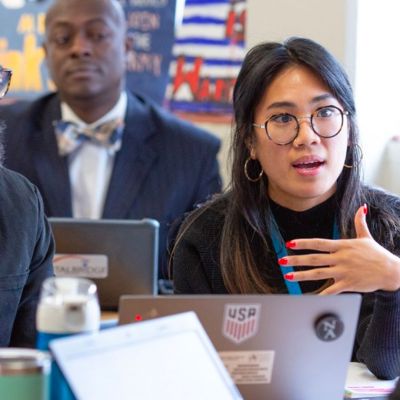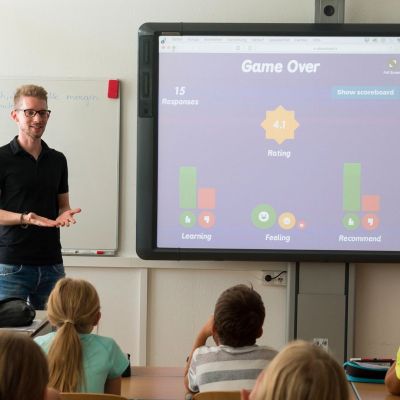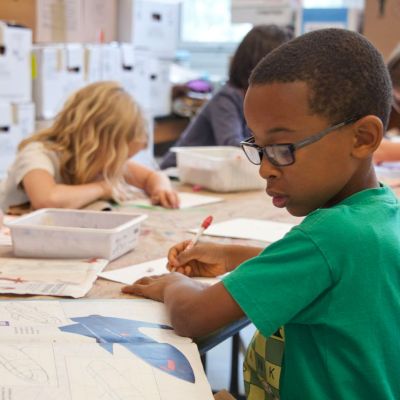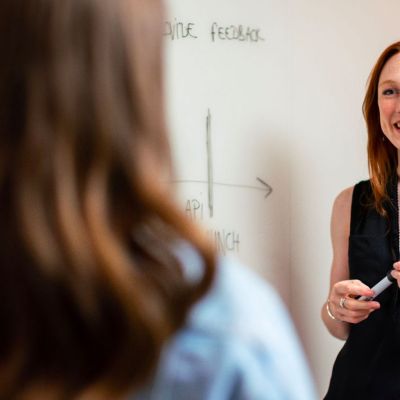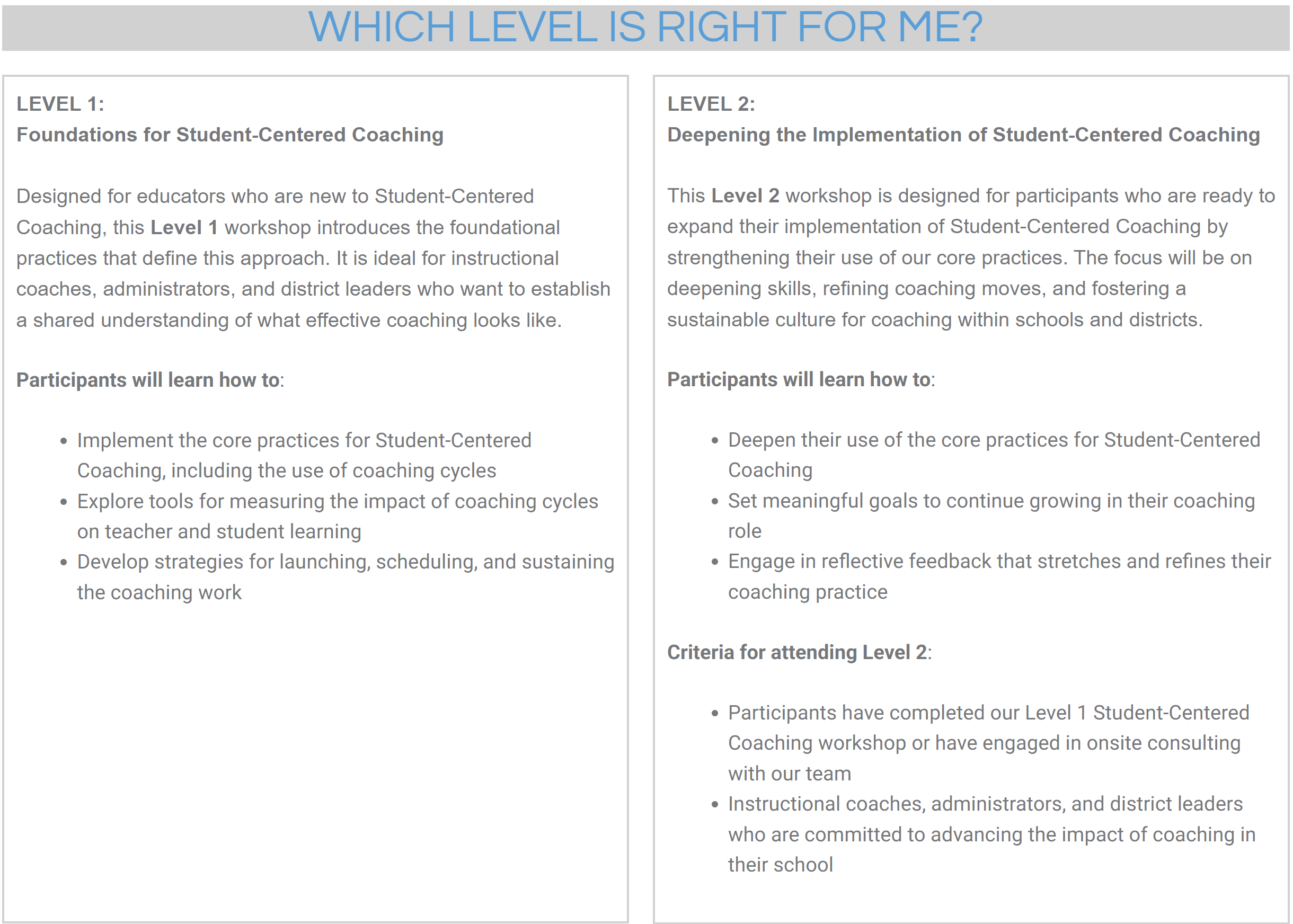Depth of Knowledge
In June of 2022, Indiana adopted the Next Generation Science Standards (NGSS). Some may question why such a change was necessary. In this blog, Dr. Stacy Hootman speaks from her own experience as both a science student and a science teacher. She describes the Three Dimensions of the NGSS, where teachers can turn for resources on both a national and state level, and why this change is necessary for Indiana.
Many have been in PLC meetings that go nowhere. How do we recalibrate our PLC time to keep it running at peak efficiency?
Often when I work with schools, one of the key questions all are attempting to answer is: “What do I do if they don’t get it?” Dufour is perhaps the most famous for coining this question, but in reality, it’s simply the heart of what the entire education system is about (or should be, at least).
How well do your assessments align with what you’ve asked students to do in the classroom? Aligning the Depth of Knowledge (D.O.K.) of assessments with the D.O.K. of teaching is an important part of the process.
Now that you understand what Depth of Knowledge (D.O.K.) is and isn’t and you know there are no quick answers or graphics to categorize according to the 4 levels, what might you do next?
As an educator, I am happy to grab tools that help simplify my work and (hopefully) save me time. In fact, making those tools is something I myself love to do! As such, I have collected several versions of graphics that put verbs into categories to support educators in their attempt to determine the Depth of Knowledge (D.O.K.) of a task.
Depth of Knowledge (D.O.K.): What is it? Why does it matter? Why has it been added to the already full plates of educators? To be honest, I didn’t really give D.O.K. much credit.
One of the most misunderstood words in our educational vocabulary is scaffolding. What does it mean to scaffold for a student? Does it mean I should give him or her less? Should I break it down for the student into tiny pieces? The answer to both of those questions is, NO!




